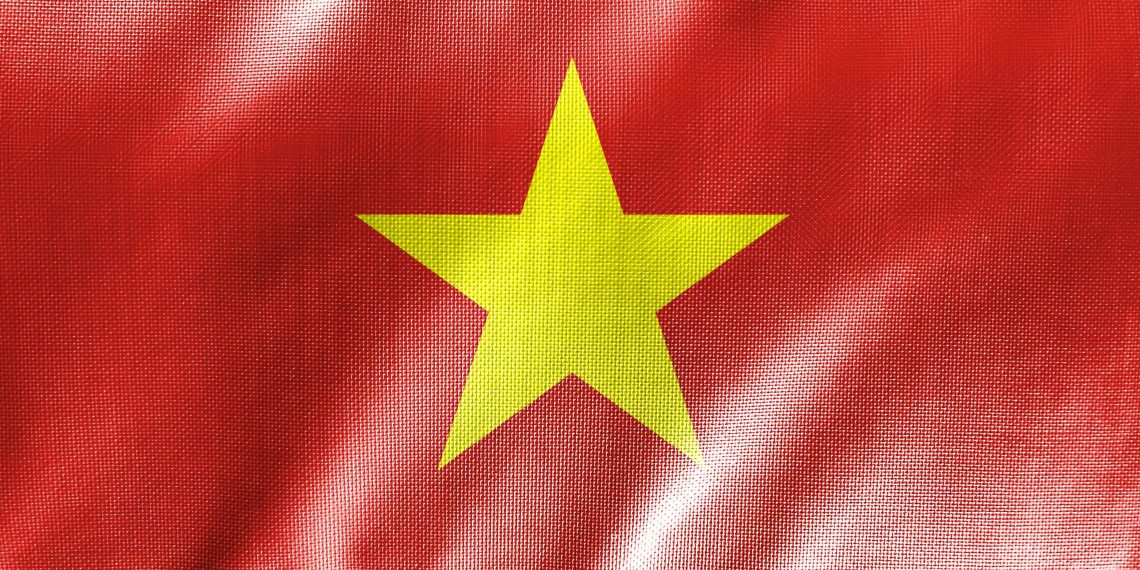Vietnam has adopted a strategic “sweet spot” approach in its BRICS engagement, opting for partner status rather than full membership. This cautious alignment reflects Vietnam’s intent to bolster ties with BRICS without risking its growing relations with the West. During the recent BRICS summit in Kazan, Vietnamese Prime Minister Pham Minh Chinh voiced readiness to collaborate, reinforcing Vietnam’s multidirectional foreign policy—a careful balance between engaging BRICS powers like China and Russia and sustaining its partnership with the United States.
While Chinh’s speech endorsed cooperation with BRICS, it omitted any commitment to full membership, signaling Hanoi’s intent to avoid potential strain with Western allies. Vietnam’s foreign policy remains rooted in its “omnidirectional” approach, as it continues to fortify relationships with key global powers on all sides.
BRICS Partnership Reflects Cautious Diplomacy
Vietnam’s status as a BRICS partner aligns with its broader non-aligned stance, a position underscored by Vietnam’s recent partnership with the United States. Vietnam’s measured approach allows it to leverage BRICS’ growing influence without directly opposing Western interests. Political analyst Alexander Vuving from the Asia-Pacific Centre for Security Studies notes that BRICS’ partner designation offers Vietnam an ideal framework for this balanced foreign policy, giving it flexibility amid competing global interests.
The “sweet spot” strategy helps Vietnam maximize its diplomatic reach while maintaining strong economic connections to the West. This careful positioning enables Vietnam to navigate the ongoing great-power rivalry between the West and nations like China and Russia, ensuring it remains economically and politically viable.
Strategic Partnerships with Major Powers
Vietnam’s diplomacy includes strengthening alliances with both Eastern and Western powers. A recent meeting between US President Joe Biden and Vietnam’s Communist Party General Secretary To Lam in New York emphasized mutual economic and strategic interests. At the same time, Vietnam has fostered close ties with China and Russia, highlighted by Lam’s visit to Beijing and a state visit by President Vladimir Putin to Hanoi. These relationships reflect Vietnam’s intention to sustain a well-rounded foreign policy.
Navigating BRICS’ Anti-West Perception
As Western observers increasingly view BRICS as an anti-Western bloc, Vietnam remains cautious. Khang Vu, a scholar at Boston College, points out that Vietnam’s nuanced approach allows it to maintain Western ties while acknowledging its relationships with BRICS leaders. Vietnam’s refusal to fully align with BRICS reflects its reluctance to jeopardize its economic dependencies on Western markets.
Vietnam’s non-aligned “4 Nos” policy further reinforces this strategy, prioritizing independence from military alliances and preventing entanglement in polarizing international groups. Vietnam’s flexible partnership with BRICS lets it champion a multipolar world order while sidestepping direct opposition to Western influence.





















